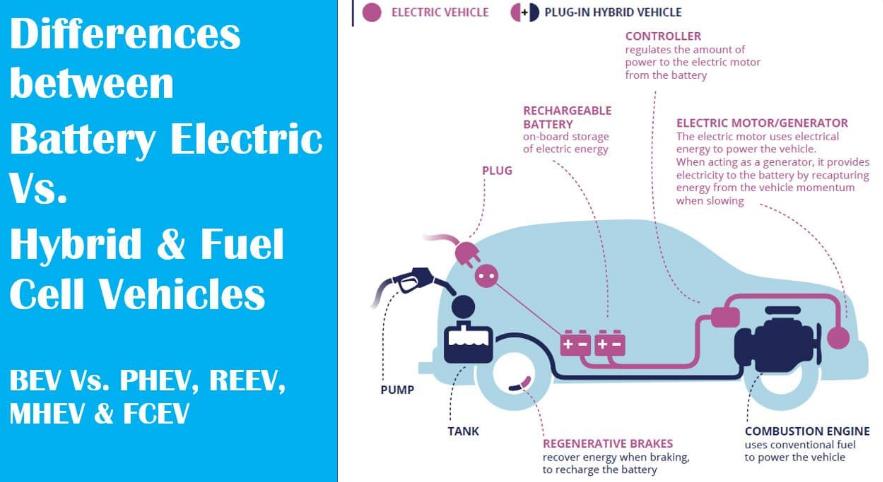The Chinese electric vehicle maker is switching to prismatic batteries for its best-selling hybrids, citing durability and safety concerns.
BYD, the world’s top seller of battery-powered cars, is reportedly planning to stop using pouch-type batteries for its hybrid vehicles in China. The company has started converting its production lines for pouch-type cells at two of its factories in Shaanxi and Zhejiang provinces to produce prismatic batteries instead, according to Reuters.
Pouch-type batteries are a type of lithium-ion battery that have the cells wrapped in a thin metal bag made of aluminum laminated films. They are lighter and cheaper than cylindrical or prismatic batteries, but they also have some drawbacks. One of them is the risk of electrolyte leaks, which could cause fires or explosions if not handled properly.

BYD’s pouch-type battery recall in 2022
BYD has not reported any cases of battery leakage from its hybrid vehicles that use pouch-type cells to the public or the regulators. However, the company and some industry experts have expressed concerns about the potential durability and safety issues of pouch-type batteries.
In 2022, BYD recalled more than 60,000 units of its Tang DM-i hybrids that used pouch-type batteries. The recall plan cited a battery pack defect that could cause a “thermal runaway”, which is a rapid increase in temperature that can lead to fire or explosion.
Some rival automakers have also highlighted the risks of pouch-type batteries. Volkswagen said in 2021 it was moving away from such batteries, while Tesla CEO Elon Musk has said that the company “strongly recommends” against their use, given that the probability of a jump in battery temperature was “dangerously high”.
BYD’s prismatic battery replacement
BYD’s planned replacement for its pouch-type batteries is a prismatic battery dubbed “Short Blade”. The Short Blade battery will reportedly use stacked foils similar to the Blade Battery used in BYD’s all-electric vehicles, but they are shorter in length.
The company expects to completely phase out pouch cells by early 2025 and switch all its hybrid production lines to prismatic cells by then. It is still making pouch-type cells at a third factory in Qinghai province to minimize disrupting production of its hybrid vehicles, which accounted for almost half of its global sales last year.
BYD’s hybrid vehicle dominance
BYD sells both electric and hybrid vehicles under various brands such as Yuan, Tang, Han and Qin. It also exports its vehicles to countries such as Europe, North America and Southeast Asia.
Hybrid vehicles are popular among consumers who want lower emissions and fuel costs than conventional cars. They also offer better performance and range than pure electric vehicles.
Hybrid vehicles accounted for nearly half of BYD’s global sales in 2023. BYD also sold 98% of its hybrid vehicles in China last year. China is BYD’s largest market and home to many other leading automakers such as Nio, Xpeng and Li Auto.
